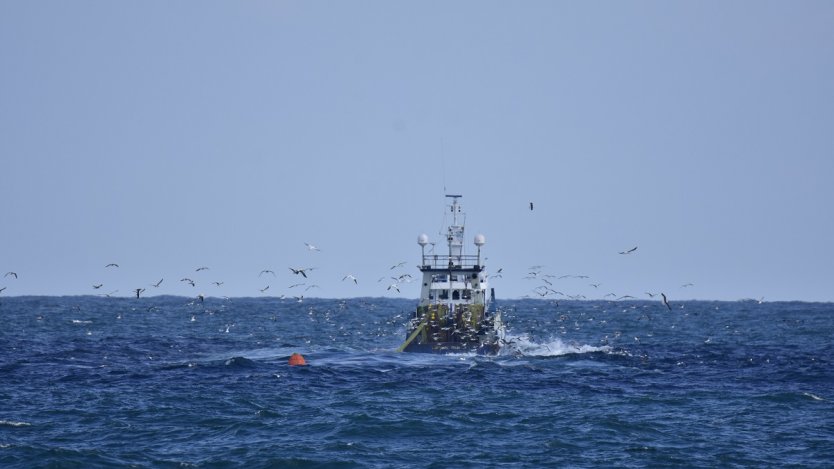This week, ocean conservation advocacy group Oceana Canada issued a statement to the federal government asserting that unfulfilled promises to deliver supply chain transparency has cultivated a culture that perpetuates overfishing, mislabeling of products, and human rights violations.
According to the release, 63 per cent of the wild-caught seafood consumed in Canada is imported. Additional market research suggests that 95 per cent of Canadians want more information on seafood labels, including boat-to-plate traceability, which Oceana Canada says would help close market doors to fisheries that are not sustainable and rely on underpaid or mistreated workers.
Oceana Canada explains that illegal, unreported, and unregulated fishing practices that directly contribute to overfishing are not only threatening the sustainability of marine ecosystems and fish populations, but have also made Canadians unwittingly complicit in unacceptable working conditions and forced labour.

“Canada has made the right commitments to improving transparency in our seafood supply chains, but without action, Canadians have no assurances that products of illegal practices are not still making their way into our country,” said Oceana Canada’s Sayara Thurston. “Canada needs comprehensive legislation that ensures transparent, traceable seafood supply chains. This will have a direct impact on ending overfishing, mislabelling, and forced labour and unacceptable working conditions for seafood industry workers around the world.”
Oceana Canada is encouraging Canadians to sign a petition to call on the Canadian government to stop seafood exploitation by implementing fully traceable seafood supply chains. More information about Oceana Canada can be found online.













